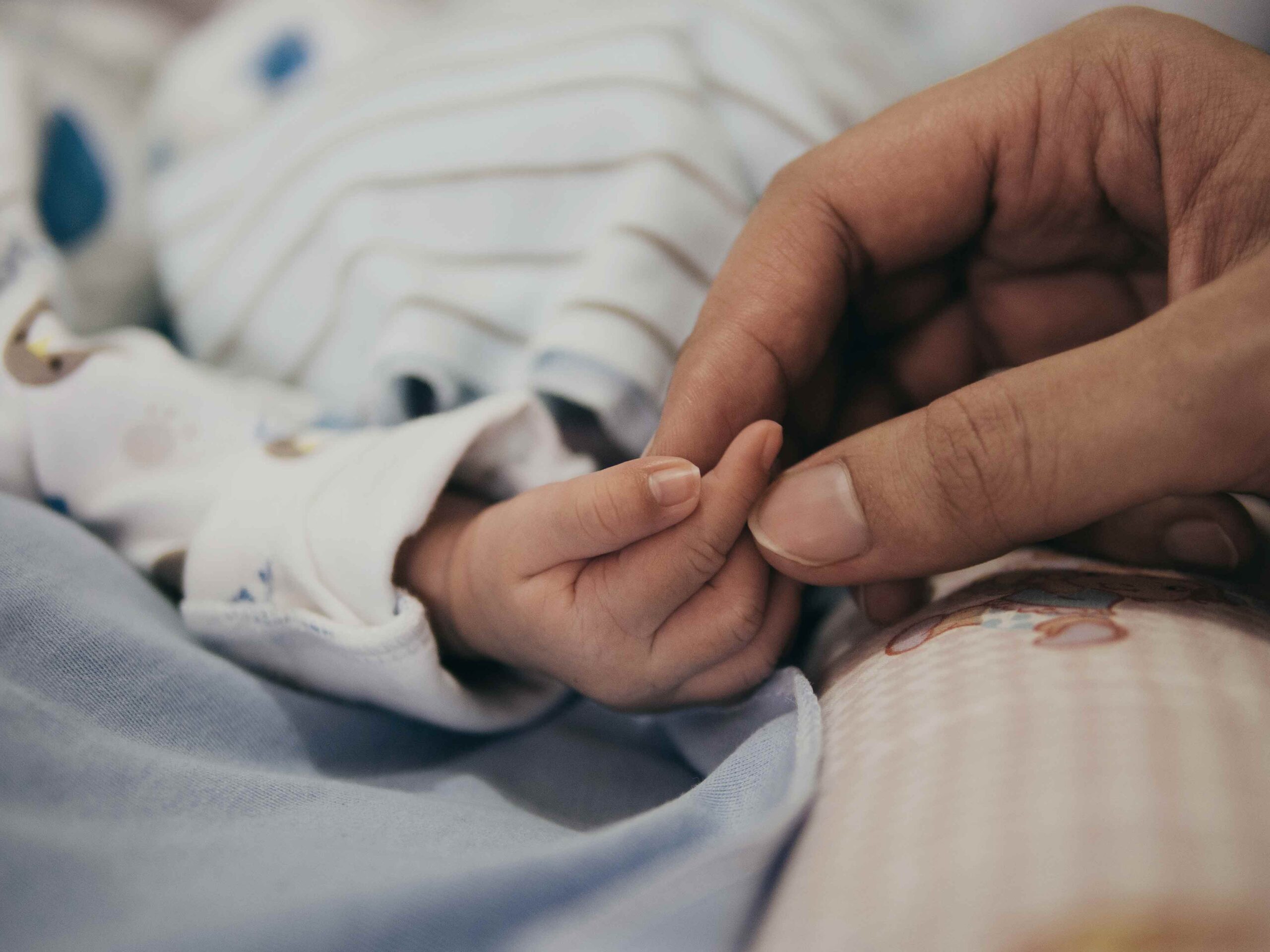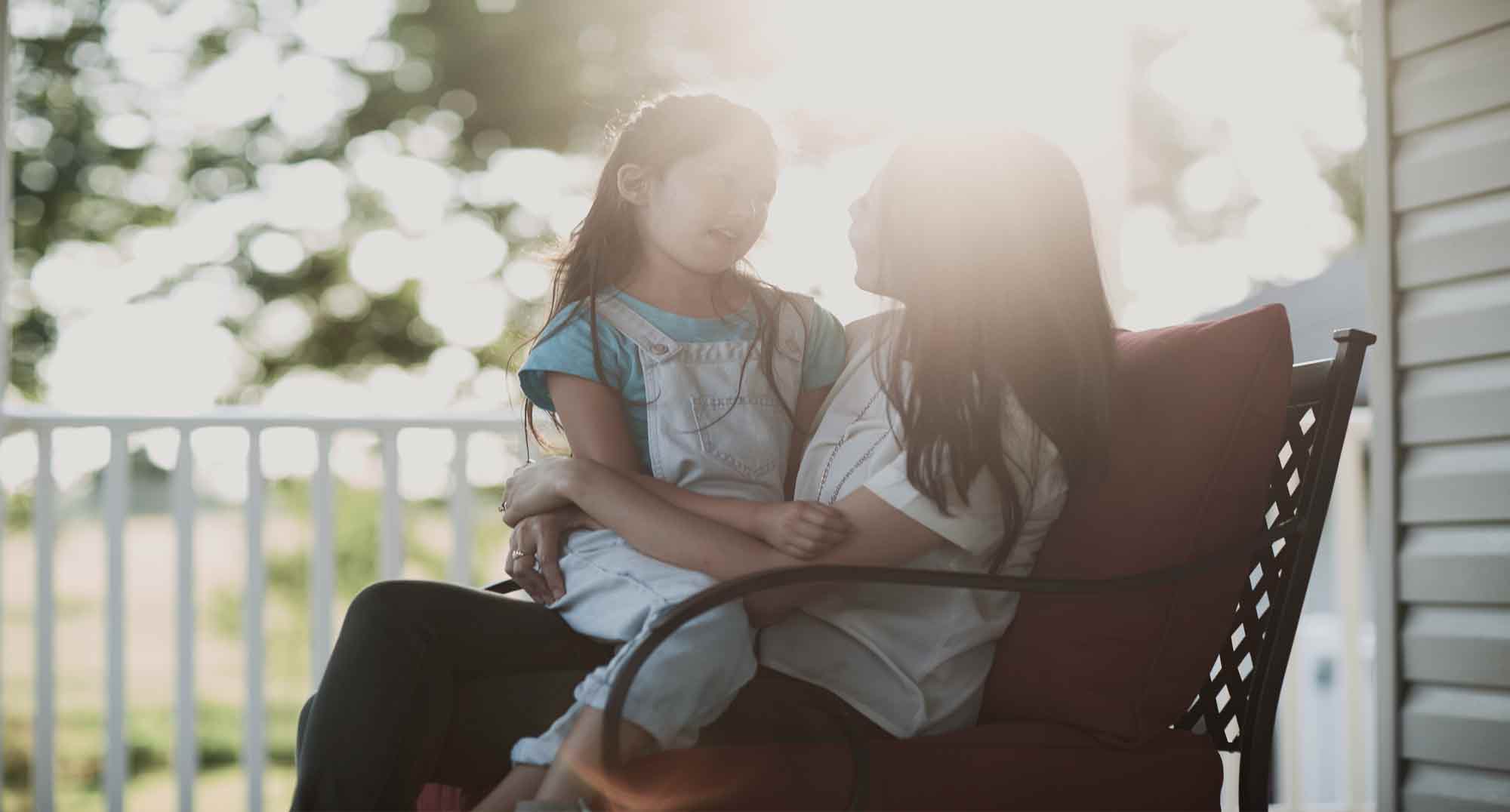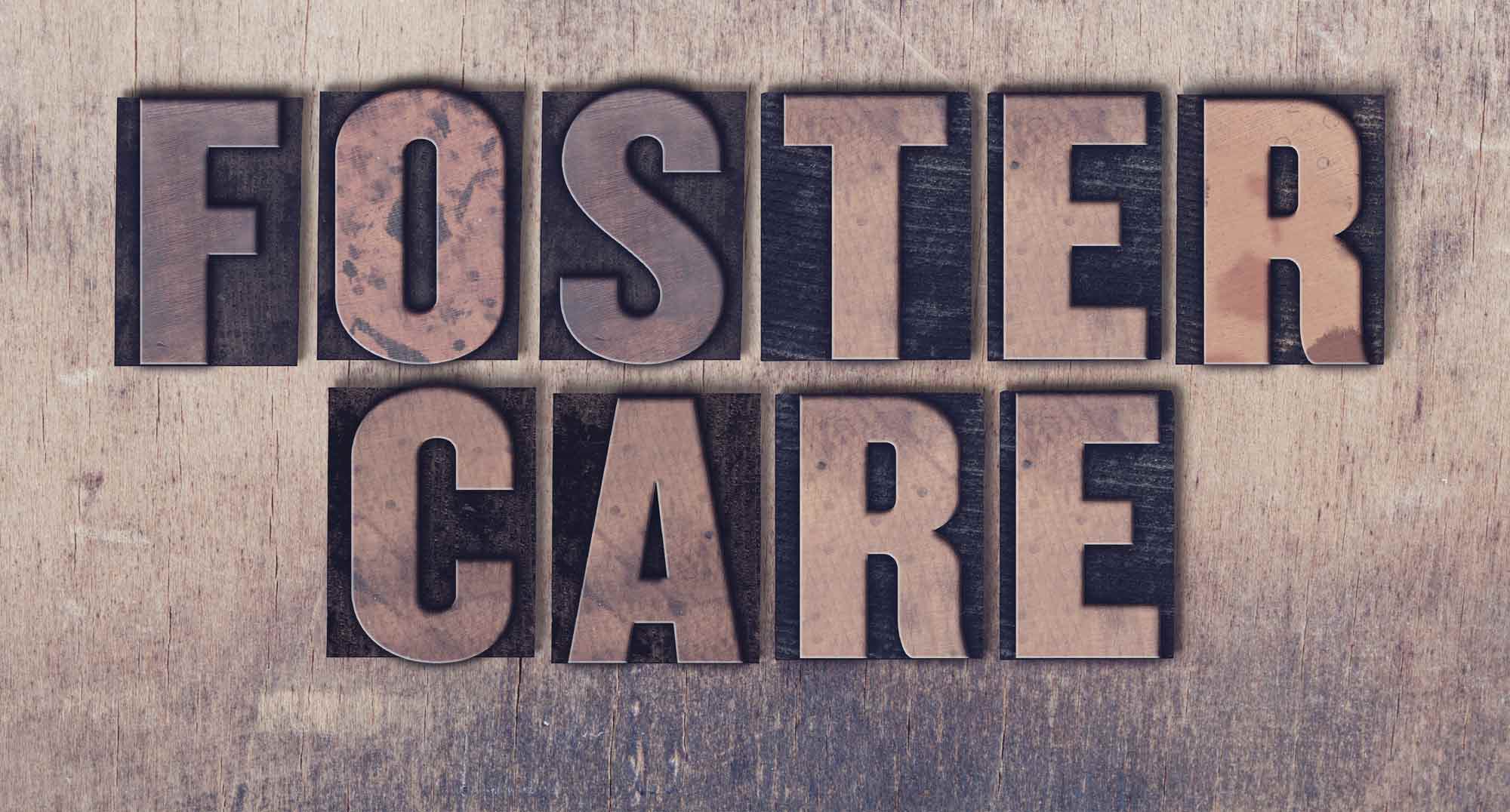The Lord’s Provision in Foster Care
JORDAN PAINTER|GUEST In February 2024, I arranged my neat little set of watercolor paints at our annual church Galentine’s event. My plan was to paint a picture, have some tasteful hors d'oeuvres, and chat with my friends. God's plan for me was to challenge much of what I had previously written off in my own pride. I simply couldn't have predicted how that one light-hearted night would thrust me toward the chaos in which I now sit a year later. Before the activities began, a woman in our church was asked to speak on her experience with foster care. Although it was probably a wonderful message, I remember nothing she said after this statement: "If every church just had one family willing to foster or adopt, there would be no child left waiting in the system." Just one. I looked around the room and I realized that we all probably assumed someone else would be the "one.” At that moment, a seed was planted that I absolutely did not want to nurture. I had seen foster care from a distance and knew it was not for me. To welcome a child, invest in them, love them, and then return them, was not something I felt I could do. I knew foster kids have messy pasts, difficult behaviors, and deep trauma. With two toddlers at home and a husband who travels for work, I was not equipped to handle that. God Establishes Our Steps Proverbs 16:9 says, "The heart of a man plans his way, but the Lord establishes his steps.” I had planned my way. It was a very average-American-middle-class way, and it sounded fantastic: I would have two to three well-behaved children, and our days filled with play dates and various groups. My husband agreed with my plan and frankly, we loved it. But the Lord established our steps. As I type this, I have two foster sons asleep in their beds. One will wake up in about thirty minutes and then continue to wake every hour or so through the night. The other will sleep well and wake with plenty of energy to scream at me when his favorite shirt is dirty. This was not my plan. The Lord established our steps...




